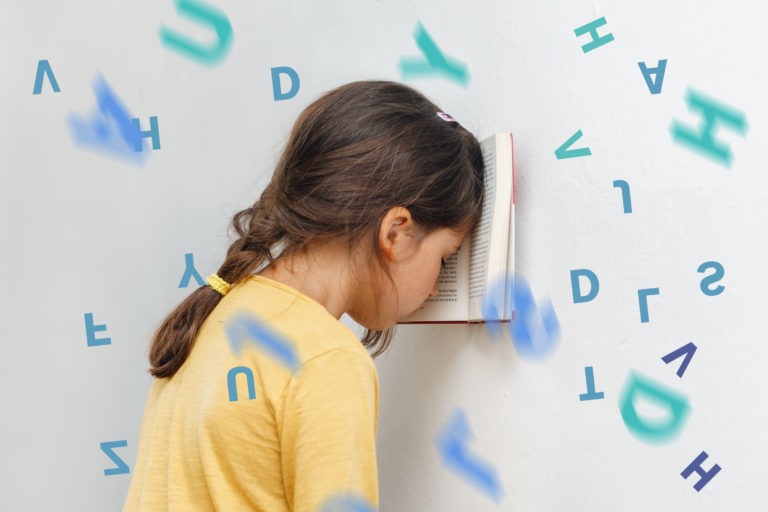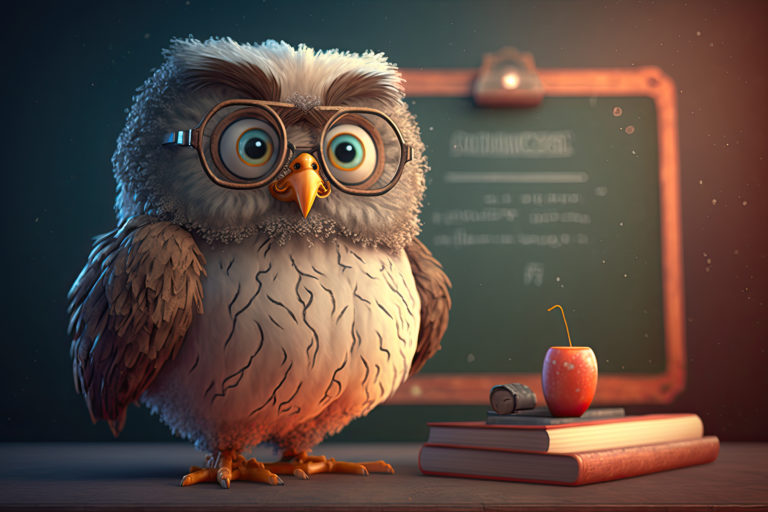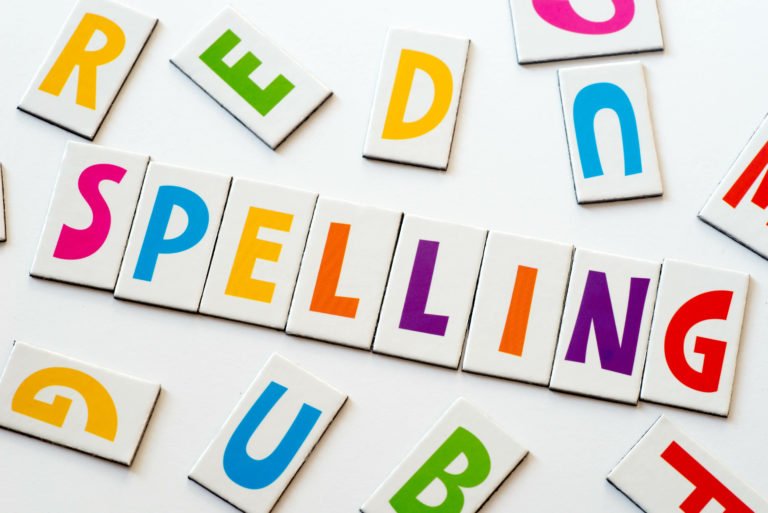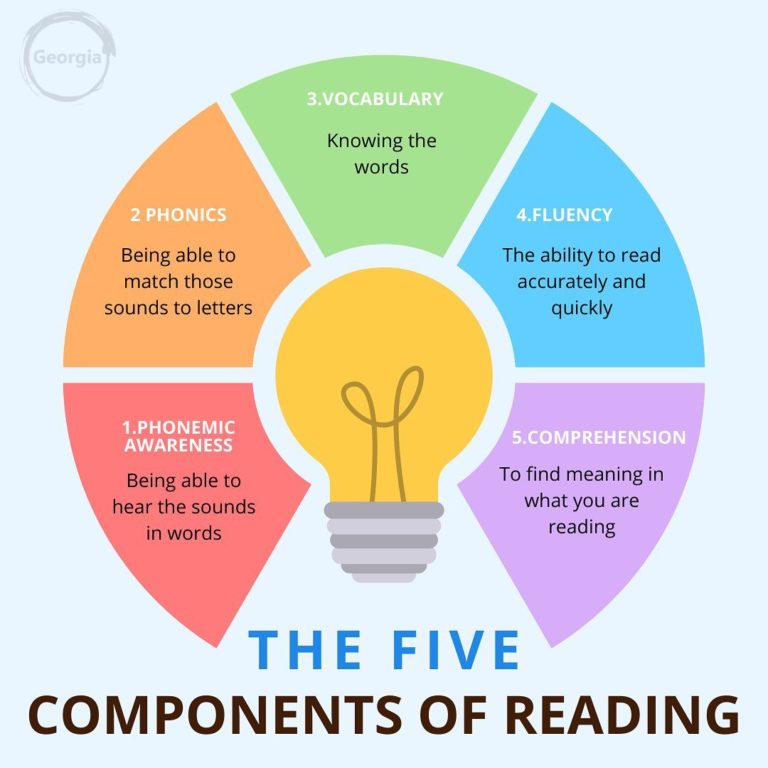Overview
As a Sounds-Write practitioner and literacy tutor, I often work with children who have been diagnosed with dyslexia. One of the most important aspects of supporting these children is helping them understand their own diagnosis.
Here’s a guide on how to explain dyslexia to your child in a positive and empowering way.
What is Dyslexia?
Start by explaining that dyslexia is a different way of learning and processing information, especially when it comes to reading and writing. It’s not a disease or something to be ashamed of. Many successful people have dyslexia, including famous authors, artists, and scientists and have achieved amazing things.
How It Might Affect Them
Be honest about the challenges they might face:
1. Reading might take more time and effort.
2. Spelling could be tricky.
3. They might mix up letters or numbers sometimes.
4. Writing down their thoughts could be challenging.
Emphasise that these challenges don’t mean they’re not smart or capable.
The Positives of Dyslexia
Highlight the strengths often associated with dyslexia.
Creativity: Many dyslexic individuals are highly creative and think outside the box.
Problem-solving skills: They often excel at seeing the big picture and finding unique solutions.
Visual thinking: Many have strong visual-spatial skills, which can be great for art, design, or engineering.
Verbal communication: Some dyslexic individuals are excellent speakers and storytellers.
Support and Strategies
Explain that there are many ways to support their learning.
- Special teaching methods (like Sounds-Write) can help them improve their reading and writing.
- Tools like audiobooks, text-to-speech software, and spell-checkers can make learning easier.
- Extra time on tests or assignments can help them show their true abilities.
Embracing Their Uniquenes
Encourage your child to embrace their dyslexia as part of who they are. It doesn’t define them, but it does make them unique. Many successful people with dyslexia say it has helped them think differently and succeed in their chosen fields.
Remember, every child with dyslexia is different. Focus on your child’s individual strengths and challenges, and always offer your love and support as they navigate their learning journey.






